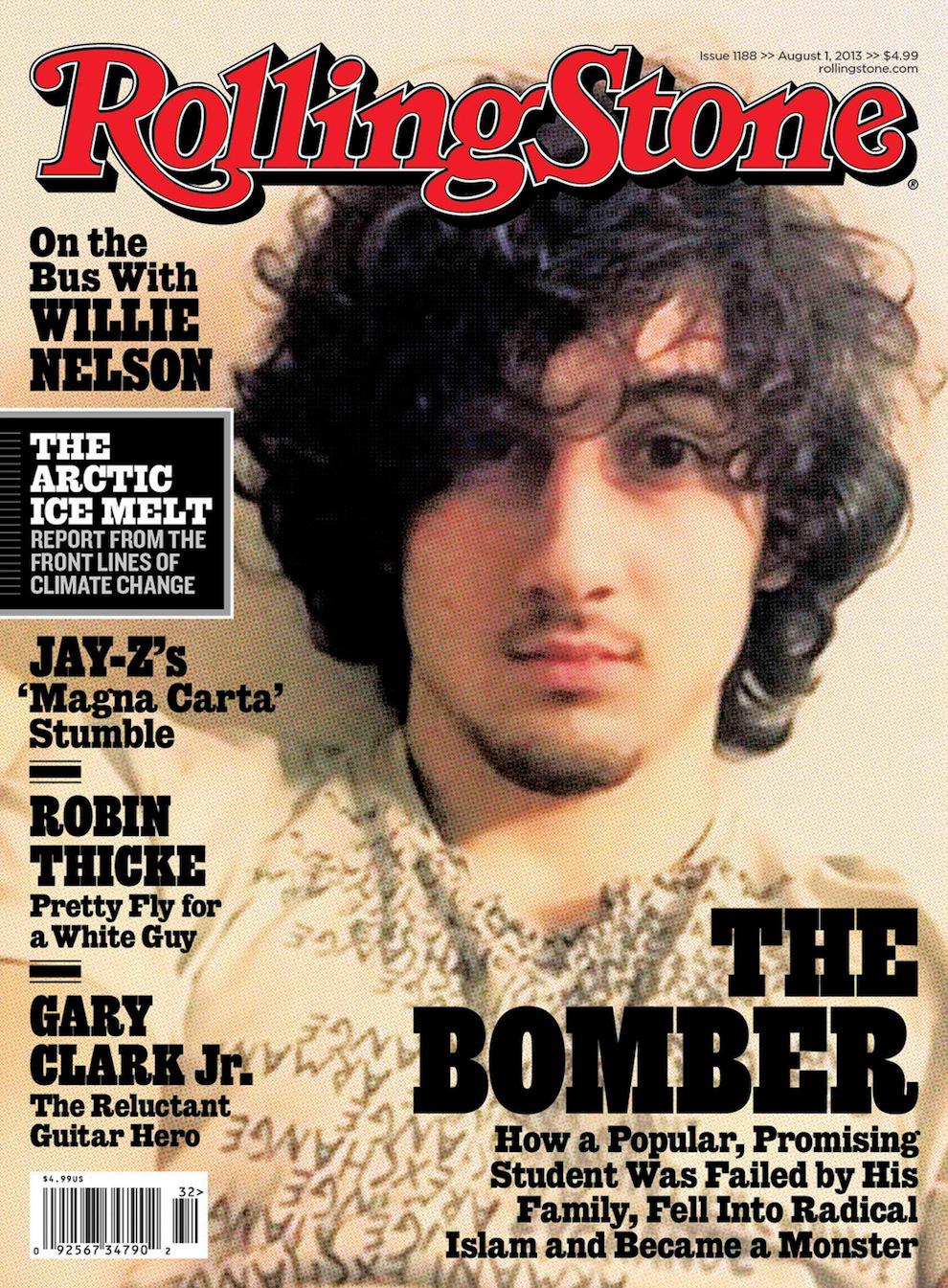Proving once again that there is no such thing as bad press, the early sales number for Rolling Stone’s controversial Dzhokhar issue were more than double their monthly average, via Ad Week:
Retail sales of the issue jumped 102 percent over average per-issue sales for the past year, according to Magazine Information Network. Figures are based on point of sale data from 1,420 retailers from July 19 to July 29. Among those retailers, 13,232 copies were sold, more than double the magazine’s average sales for the prior year.
It’s unclear if those select retailers include chains like CVS that decided not to stock the issue. But given that the magazine normally only sells around 75,000 issues from newsstands in a given month, it’s hard to imagine a scenario where Rolling Stone doesn’t come out on top when all the figures come in. The simplest explanation: It looks like the type of people who promised not to buy the magazine because of its cover weren’t people who normally buy the magazine regardless of who is on the cover. Of course, as much attention as the promised boycotts may have gotten, they never really had a chance of doing real damage to the magazine because newsstand sales make up only a little more than 5 percent of Rolling Stone’s roughly 1.5 million circulation.
*Correction, Aug. 2, 2013: This post originally mistakenly attributed the sales numbers to Ad Age, instead of Ad Week.
***Follow @JoshVoorhees and the rest of the @slatest team on Twitter.***
